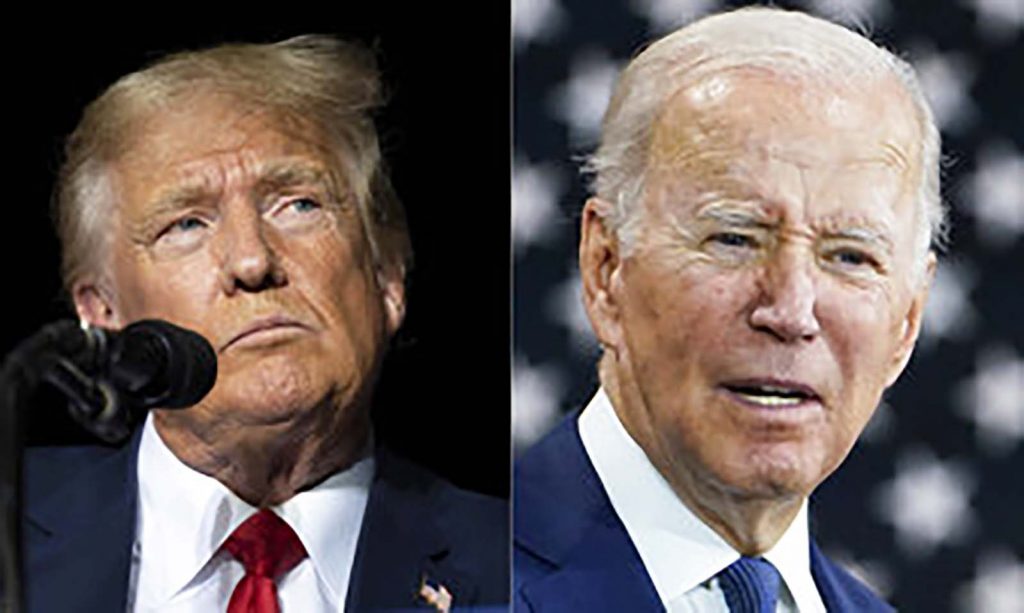by Hannah Eingerhut
WASHINGTON — While President Joe Biden and his predecessor, Donald Trump, are preparing for a possible rematch in 2024, a new poll finds a not...
You are not authorized to read this page without a username and password. It is time to register and subscribe to have unlimited access to everything The Chicago Inquirer has to offer. You can do a monthly, quarterly, six months or yearly subscription.
SUBSCRIBE NOW!!!
and enjoys unlimited access to news, analysis, archives, sports, culture, interviews, and many more.
Not a member? Subscribe or login below:



